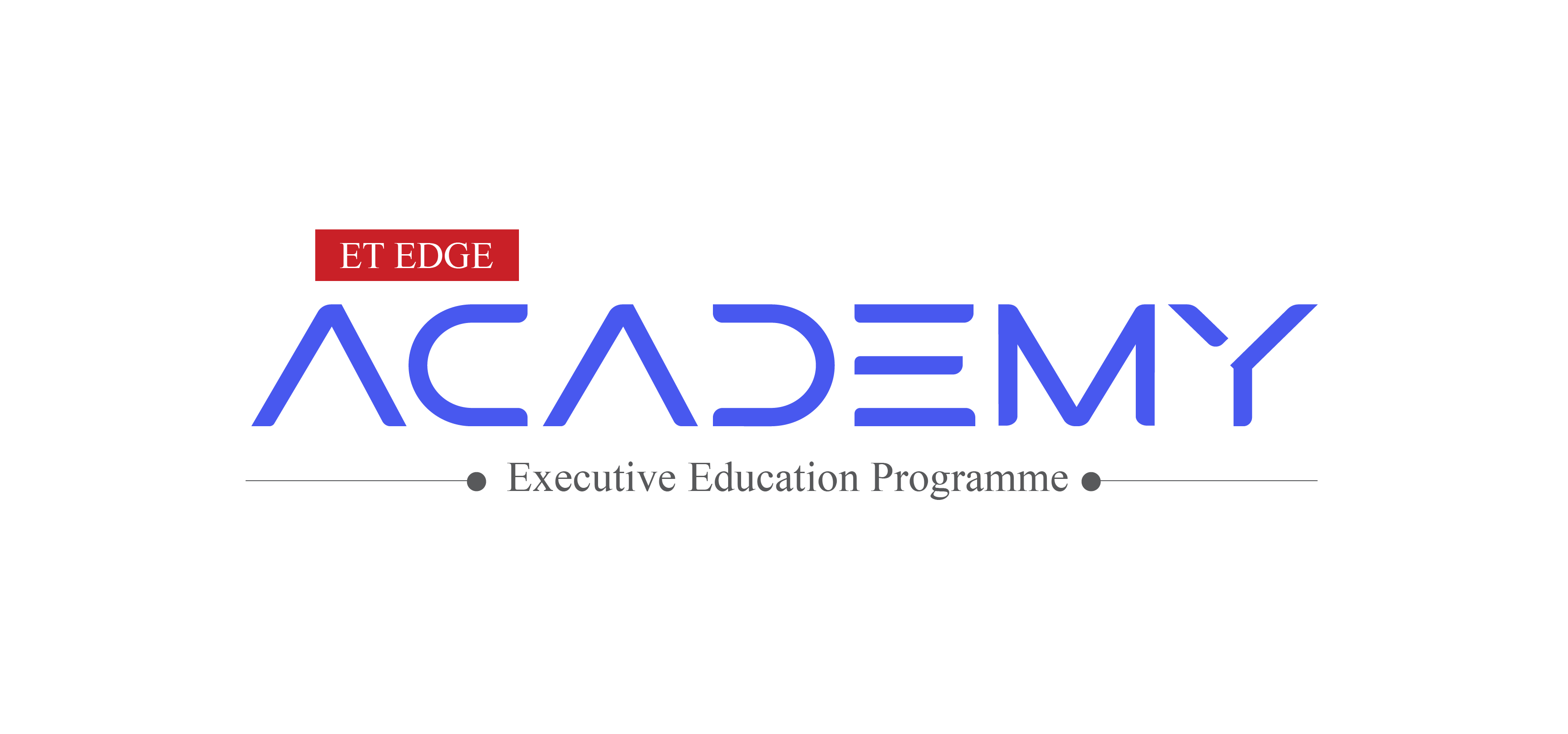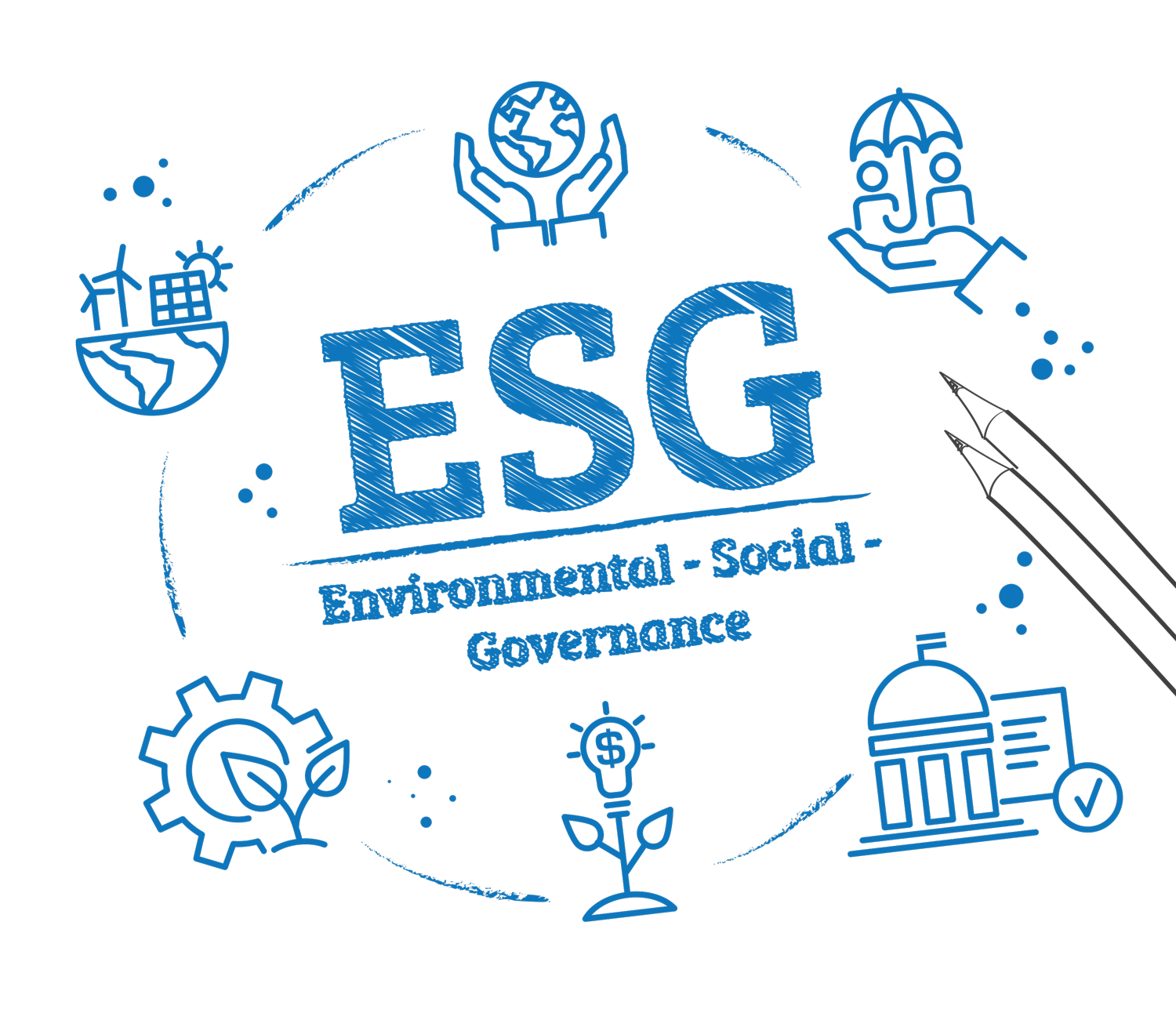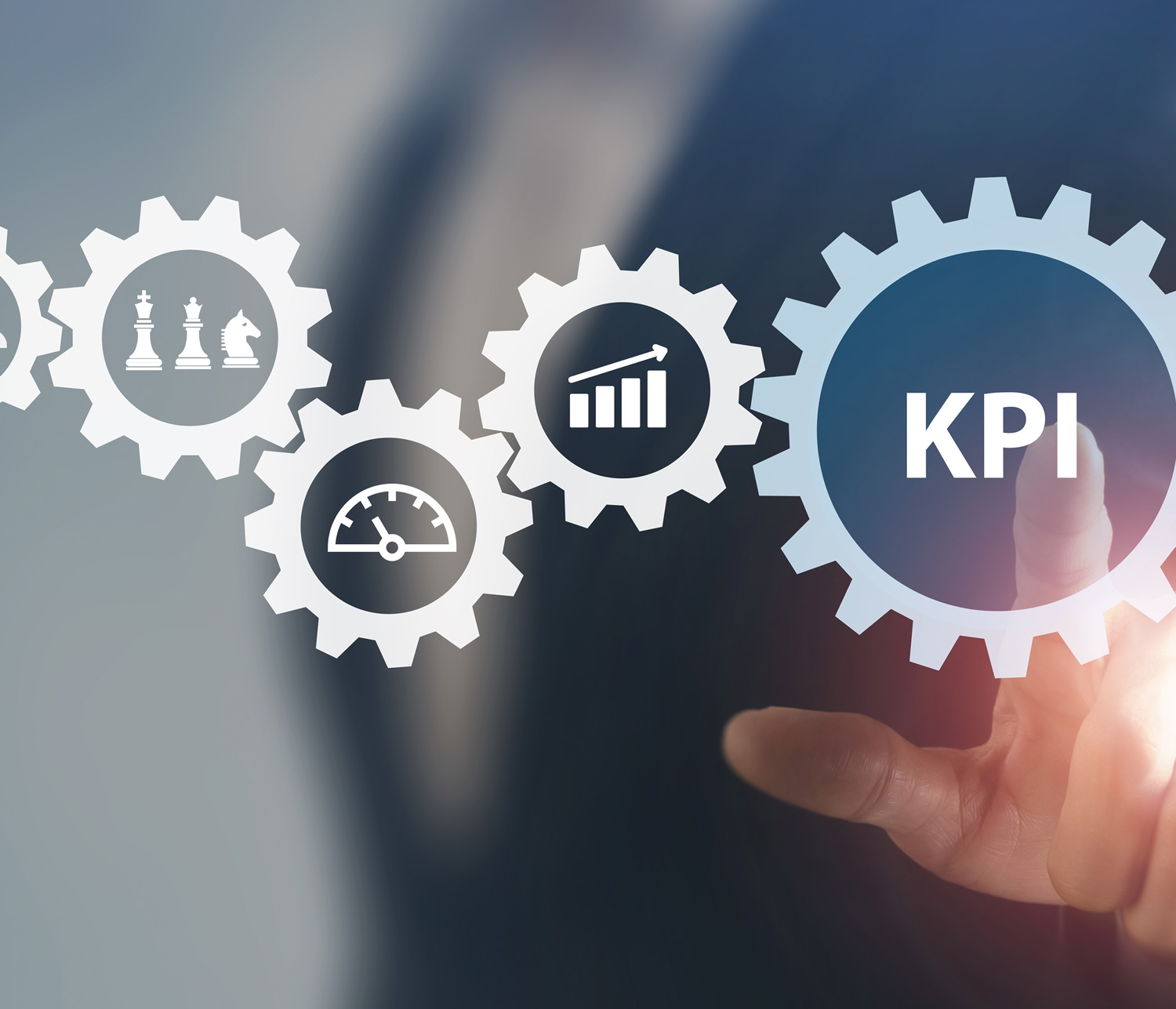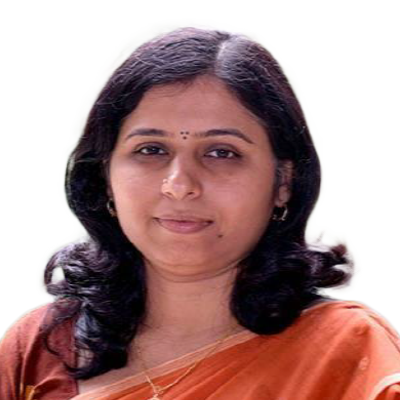Executive Education Program
Sustainable Business Transformation
Overview

Module 1
Sustainability in the context of business
By Dr. Haritha Saranga, Professor, IIM Bangalore; Production & Operations Management, Chairperson, Sustainability Taskforce and Airbus Group Endowed Chair Professor of Sourcing and Supply Management at Indian Institute of Management Bangalore.
This module guides you on strategic thinking, developing viable action plans, identifying opportunities and challenges, and executing tactical approaches. It addresses key questions for emerging sustainability leaders, focusing on:
- Identifying opportunities to drive sustainability change within an organization.
- Designing organizational change through an environmental sustainability lens.
- Leveraging leadership across the organization to support and enhance sustainability goals.
- Identifying major sustainability challenges
- Governance structures supporting sustainability
- Ethical leadership and decision-making

Professor, IIM Bangalore; Production & Operations Management, Chairperson, Sustainability Taskforce and Airbus Group Endowed Chair Professor of Sourcing and Supply Management at Indian Institute of Management Bangalore.

Assistant Professor, Operations and Quantitative Techniques , IIM Shillong. His expertise include Operations management, Operation research, Life cycle assessment, Lean Six Sigma, Green supply chain management, Life cycle assessment, Green manufacturing, and Lean manufacturing.
Module 2
Green Supply Chain Management
By: Prof. Dr. Kailash Choudhary, Assistant Professor, Operations and Quantitative Techniques , IIM Shillong. His expertise include Operations management, Operation research, Life cycle assessment, Lean Six Sigma, Green supply chain management, Life cycle assessment, Green manufacturing, and Lean manufacturing.
- Sustainable sourcing and procurement
- Reducing environmental impact across the supply chain
- Innovations in logistics, transportation, and warehousing
- Blockchain and transparency in supply chains
- Life Cycle Assessment (LCA) and Cradle-to-Cradle (C2C)
- Sustainable product innovation and eco-design
- Material selection and sustainable supply chain integration
Module 3
Sustainable Business Strategies and Models
By: Prof. Anju Singh – Expert in Environmentally Conscious Manufacturing, Business Sustainability, Energy Management and Green Manufacturing and Safety & Environment as Strategic Business Opportunity; IIM Mumbai
Sustainable Manufacturing Practices
- Integrating Lean principles with sustainability goals
- Energy efficiency and renewable energy adoption
- Waste reduction and management strategies
- Water conservation techniques
Circular Economy and Resource Efficiency
- Principles of the circular economy
- Implementing resource efficiency in business operations
Innovation and Technology for Sustainability
- Emerging technologies in sustainability
- Leveraging digital transformation for sustainable practices
- The role of AI and big data in ESG analysis

Expert in Environmentally Conscious Manufacturing, Business Sustainability, Energy Management and Green Manufacturing and Safety & Environment as Strategic Business Opportunity; IIM Mumbai

Module 4
Climate Dynamics
By: Anirban Mukherjee Managing Director & Partner, at Boston Consulting Group (BCG) expert in Climate Change and Sustainability and Energy
This module addresses pressing climate issues, essential terminology, and strategies for effective climate action. It explores strategies and techniques to effectively persuade, advocate, and negotiate for impactful climate action, while investigating new perspectives and holistic approaches to understanding and addressing climate change. The focus areas include:
Persuasion, Advocacy, and Negotiation: Strategies and techniques to effectively persuade, advocate, and negotiate for impactful climate action.
Risk Assessment and Management
-
Identifying and assessing climate risks
-
Examining how information, incentives, and institutional frameworks can be leveraged to manage the risks associated with climate change.
-
Developing risk mitigation strategies
Adaptation and Resilience Planning
-
Building business resilience to climate impacts
-
Long-term adaptation strategies
Economics of Climate Change
-
Analyzing the economic implications of climate change and exploring market-based solutions to address its challenges.
-
Impact of Climate Change: Reflecting on the impact of climate change on your organization and gleaning insights from competitor analysis
Module 5
Financial Aspects of Sustainable Business – By: Impact Investors Council and Boston Consulting Group
By: Abhishek Bhatia, Managing Director & Partner at Boston Consulting Group (BCG) expert in Industrial Goods, Climate & Sustainability
Key Instruments in Sustainable Finance By: IIC
- Green bonds, social bonds, and sustainability-linked bonds
- Impact investing: Definition, strategies, and measurement
- Thematic investing: Focus areas like renewable energy, sustainable agriculture, and healthcare
Carbon Pricing and Market Mechanisms
- Understanding carbon markets and pricing
- Implementing carbon management strategies
Group Exercise: Designing a Sustainable Finance Product – Participants will design a sustainable finance product (e.g., a green bond or ESG fund) tailored to a specifc market or client need.

Implementing Sustainable Finance Strategies
-
Strategies for mitigating ESG risks
-
The impact of ESG factors on nancial performance
-
Climate nance: Funding mechanisms and opportunities
-
Identifying and assessing ESG risks in investment portfolios
-
Regulations (e.g., EU Taxonomy, TCFD, SFDR, GRI, SASB, CDP)
-
The signicance of sustainable nance in today’s economic landscape
-
Trends in carbon markets and climate risk assessment
-
Balancing short-term costs with long-term benets
-
Economic evaluation of sustainability projects ESG integration in traditional investment portfolios
-
Fintech and digital nance: Driving sustainability through technology
-
Regulatory Frameworks and Standards in Sustainable Finance Overview of global and regional
-
The future of sustainable nance: Predictions and challenge

Module 6
Measuring and Reporting Metrics
By: Anirban Mukherjee Managing Director & Partner, at Boston Consulting Group (BCG) expert in
Learn about key performance indicators, sustainability reporting frameworks, and tools for measuring environmental and social impact.
- Key performance indicators (KPIs) for sustainability
- Sustainability reporting frameworks e.g. Global Reporting Initiative (GRI); Sustainability Accounting Standards Board (SASB) – (Course Material)
- Tools and methodologies for measuring environmental
and social impact - Best practices in ESG reporting and transparency
Module 7
Embracing the Triple Bottom Line
By: Prof. Anju Singh – Expert in Environmentally Conscious Manufacturing, Business Sustainability, Energy Management and Green Manufacturing and Safety & Environment as Strategic Business Opportunity; IIM Mumbai
Learn about the triple bottom line framework to assess and communicate sustainability performance, aligning with strategic value creation.
- Employ the triple bottom line framework to gauge, assess, and communicate your orga-nization’s sustainability performance.
- Analyze strategic sustainability performance and its correlation with your organization’s value creationefforts, culminating in the creation of a tailored sustainability action plan.
Psychological Barriers to Sustainable Action (optional – Virtual)
While fnancial, technological, and policy barriers to sustainability are often discussed, psychological and cultural factors can also hinder progress.

This session introduces the scholarship onpsychological barriers and contextualizes it within business opportunities, addressing issues that canarise within companies as well as among customers. Understanding these barriers is essential for developing a balanced perspective and initiating e ective action.
Mentoring Sessions
The Business Case for Action
This session will equip business leaders and strategists with the tools and insights needed to navigate organizational change, manage industry disruptions, and develop innovative business models that create shared value.
Driving Change at Scale: Moving Beyond the Firm
Understand the factors contributing to the success of purpose-driven firms, the critical role businesses play in tackling global challenges, and the importance of cooperative action in fostering significant change.
Purpose-Driven Systemic Change
This session will provide a comprehensive understanding of the investor’s role in sustainable development, the importance of stakeholder management and governance, the role of governments and institutions in large-scale change, and the necessity of systems thinking. Additionally, guide participants in developing a personal action plan.
Mentor - Erik Solheim Vice Chair, The China Council for International Cooperation on Environment and Development (CCICED), Former Minister of Climate and the Environment of Norway & The Sixth and former UN Environment Executive Director and Under-Secretary-General of the United Nations
Discover what it takes to devise an effective strategy and execute it flawlessly. In this program, you’ll prepare to lead the strategy challenge, from identifying target markets and building a lasting competitive advantage to outsmarting competitors, capturing opportunities, and expanding into new markets and geographies.
Who Should Attend
Senior executives who are responsible for developing and implementing competitive strategy for a company or business unit, such as CEOs, COOs, or Chief Strategy Officers; heads of a unit, division, or region; or managing directors, CFOs, or chief innovation officers.
This Program Will Help You To
-
Establish the optimal strategic trade-offs
-
Expand your personal and professional network
-
Assess the resources and changes needed to execute your strategy
-
Distinguish between short-run gains and lasting competitive advantage
-
Know when to initiate a strategy change vs. stick with the current strategy
-
Adapt your strategy to market shifts and your organization’s changing ambitions
-
Execute and coordinate strategy across multiple lines of business and global markets
-
Identify sources of competitive advantage in your industry and geography
What You Will Learn
Through interactive faculty presentations, small group discussions, and global case studies, you will learn how senior leaders successfully gain, sustain, and deploy competitive advantage—and engage in successful competitive interactions. Analyzing why some strategies fail and others succeed, you will prepare to drive advantage and success for your company. Topics include:
- Assessing market trends and market attractiveness
- Pinpointing opportunities for advantage and activating them
- Understanding competitors, anticipating their moves, and outsmarting them
- Deploying competitive advantage to other markets
- Gaining benefits from combining multiple businesses
- Competing globally
- Anticipating the need for strategy change and executing effective change
- Driving innovation strategy
- Leveraging strategy to drive your organization
- Sharpening your strategic




